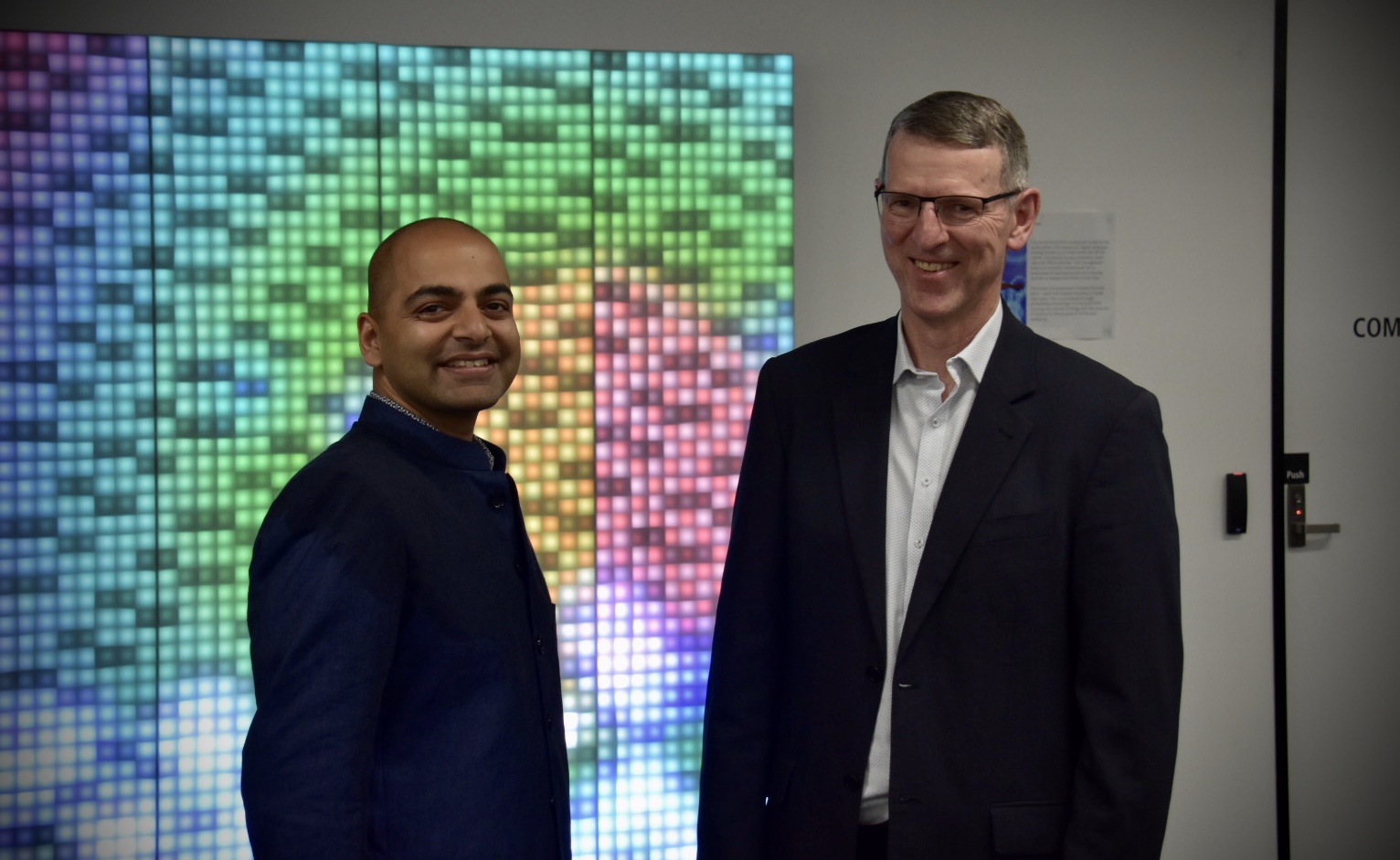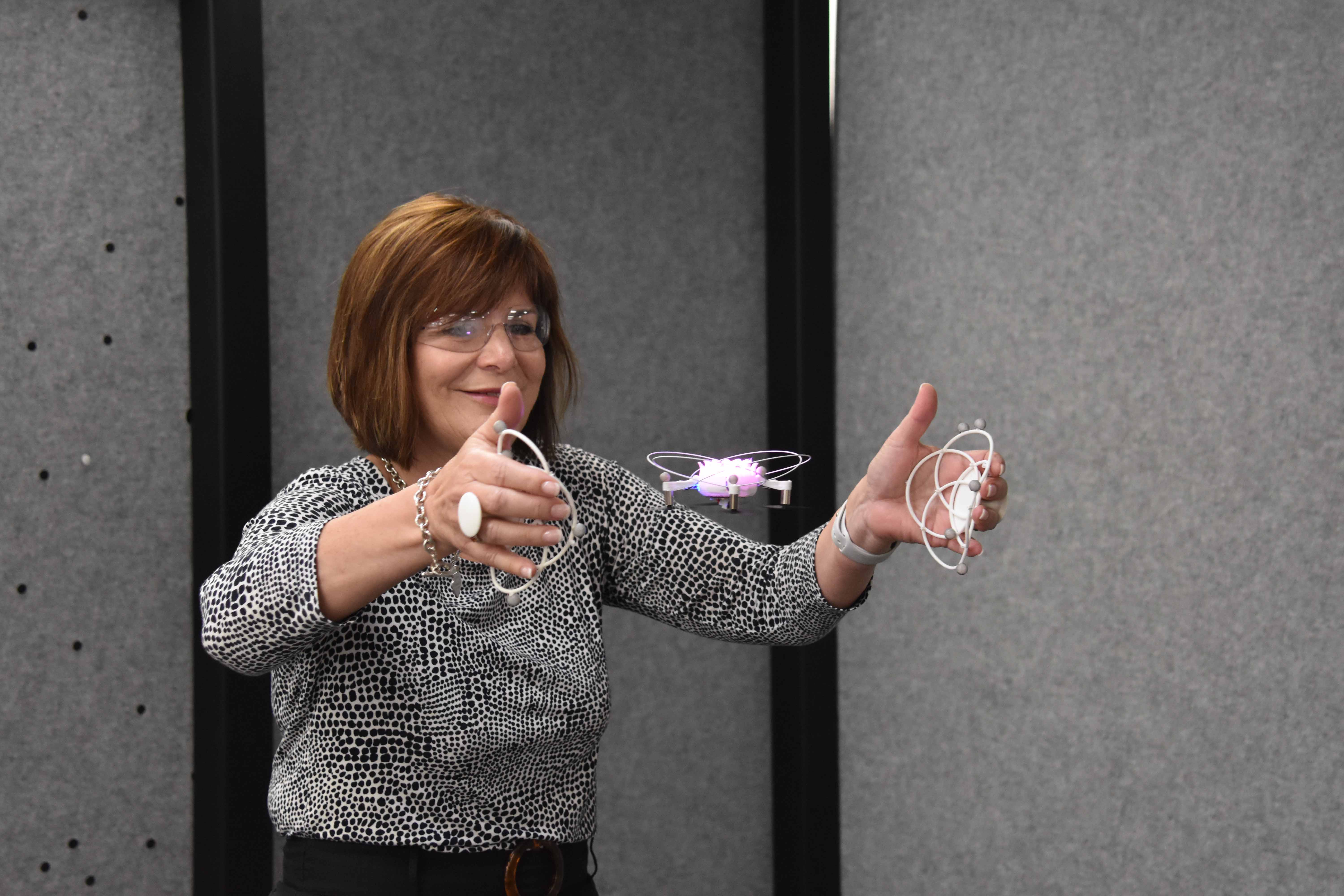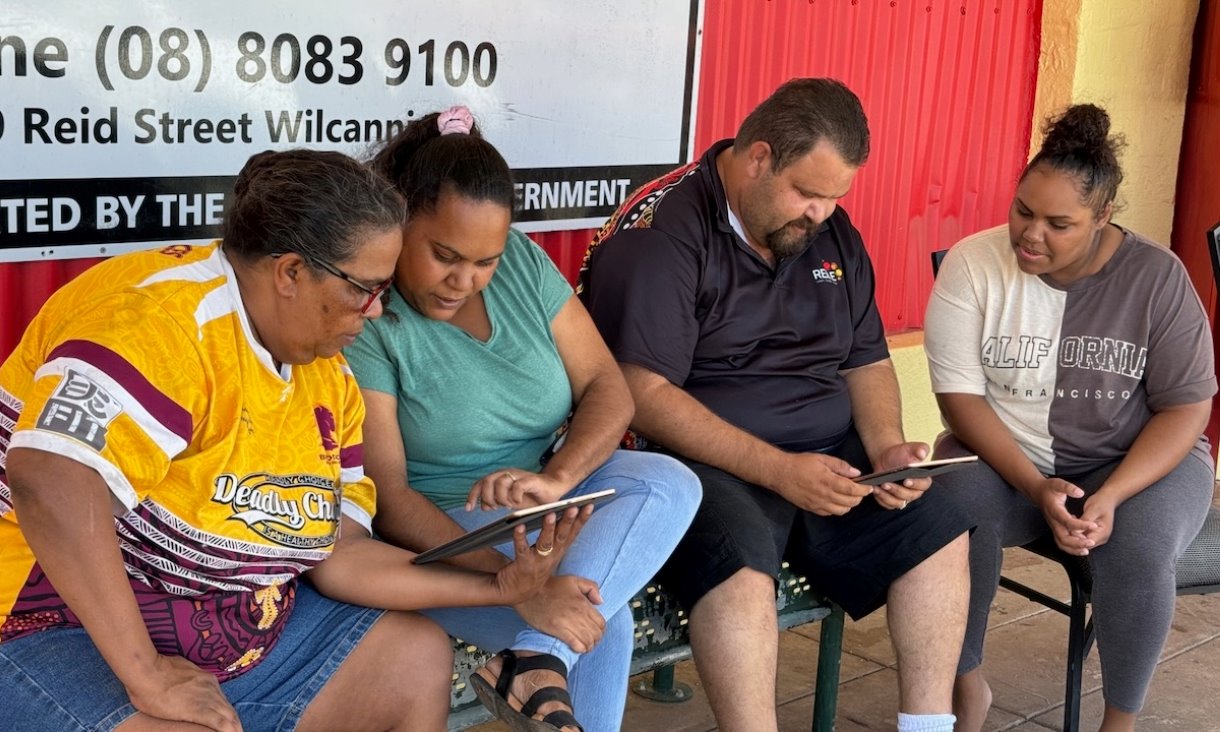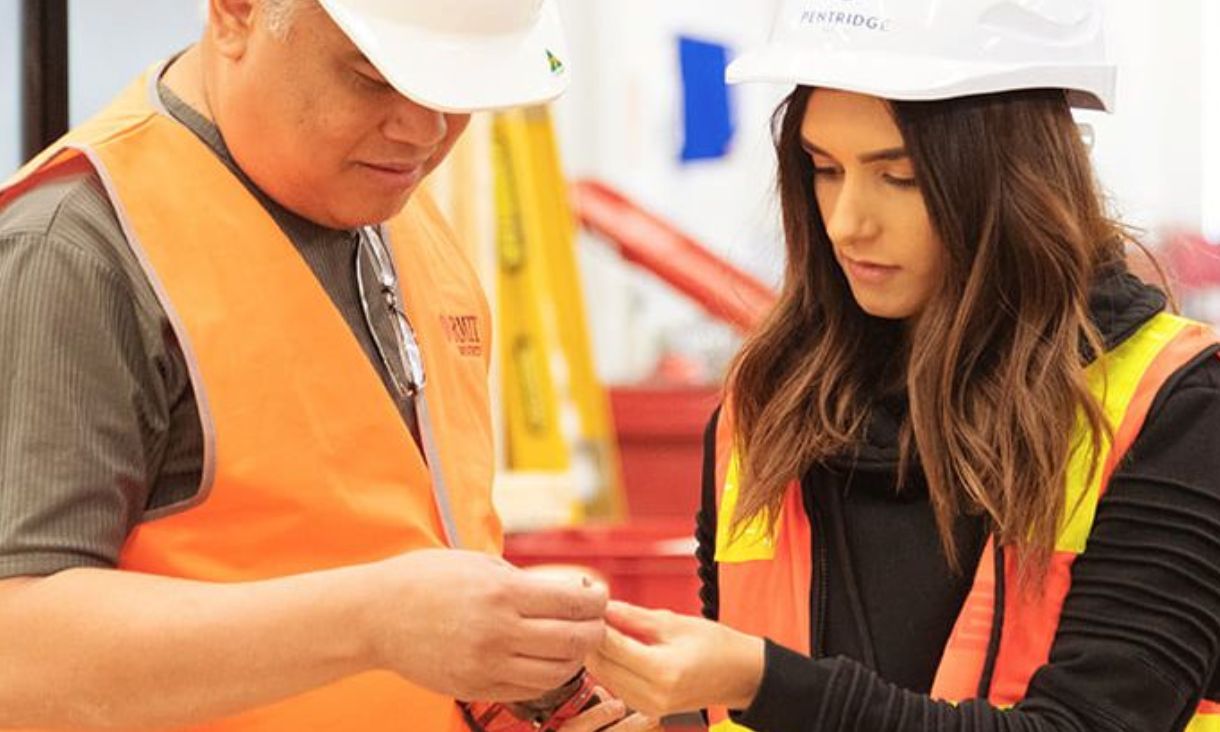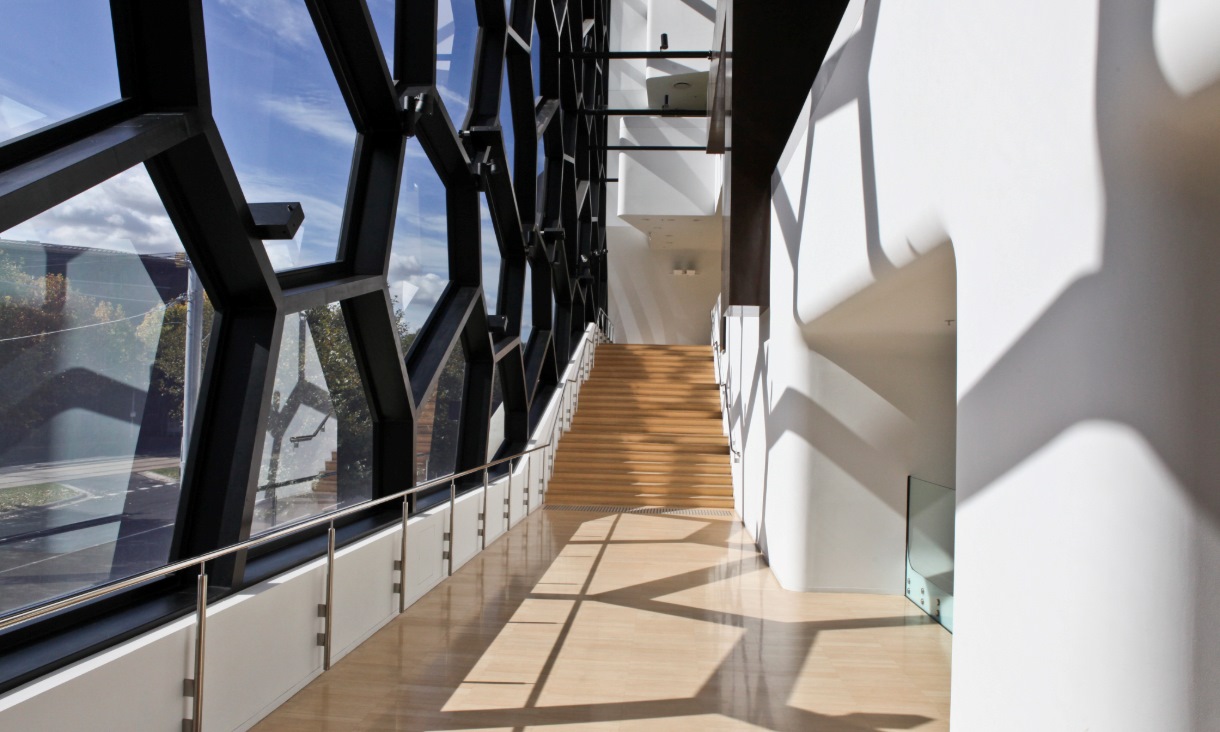RMIT Vice Chancellor and President Martin Bean CBE said the University was thrilled to be part of an exciting initiative that brings researchers, technologists and innovators together to make a difference.
“RMIT’s Health Transformation Lab is a great example of academia and industry coming together to find solutions to real social and economic challenges,” he said.
“As a global university of technology, design and enterprise, we are excited to be working with industry leaders like Cisco and passionate health professionals to deliver life-changing innovation.”
Health Transformation Lab Director, Professor Vishaal Kishore, says the collaboration with technology giant Cisco provides an unprecedented opportunity to tackle the most challenging, multifaceted problems of health system transformation.
“The Health Transformation Lab is where Australian leaders come to solve their hardest problems, sometimes in the most surprising and provocative of ways,” Professor Kishore says.
“It’s a place where technology, innovation and humanity collide in a way that we haven’t seen before in Australia, producing outcomes with real impact and transformation for the Australian health system, its providers and the people it seeks to serve.”
Cisco’s investment in the breakthrough Lab forms part of the company’s commitment to invest $61 million into digital transformation projects in Australia over three years, as part of its Country Digital Acceleration program - a long-term global initiative to accelerate national digitalisation and innovation agendas and create new value for countries, its businesses and citizens.
Cisco Australia & New Zealand’s Managing Director, Digital Transformation Office, Sam Gerner, says the Health Transformation Lab represents a ground-breaking opportunity to innovate across a range of healthcare challenges and build better outcomes for Australians.
“There has never been a more pressing time to leverage the digital platform investments that have been made across the healthcare system,” Gerner said.
“By facilitating collaborations with academics, clinicians and technologists there is the potential to develop and test exciting new healthcare solutions enabled by increased connectivity and digital insights.”

